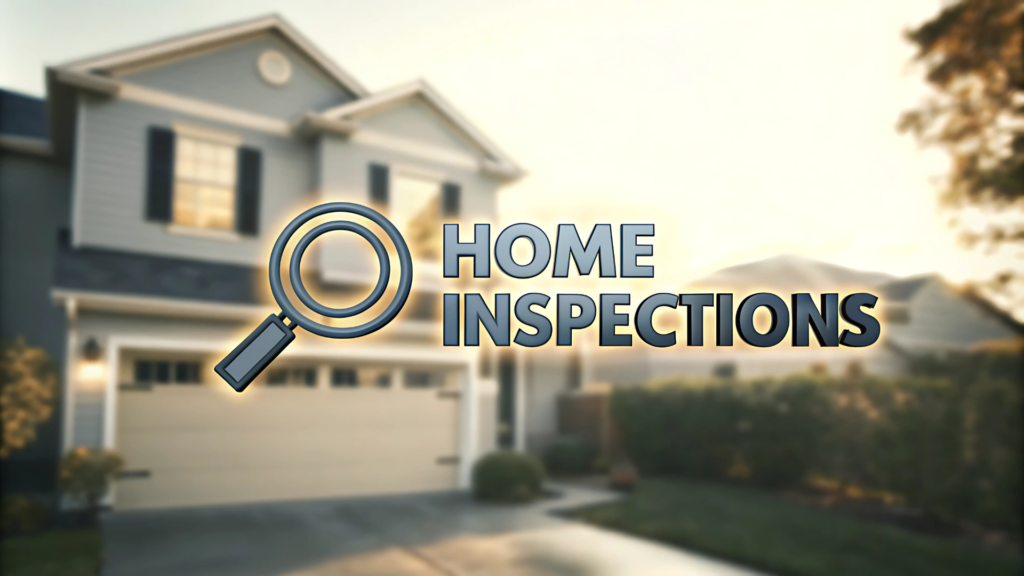Home inspections are essential when buying a property in Florida, as they help ensure you’re making a sound investment. With the state’s unique climate and environmental factors, a thorough inspection can uncover hidden issues that may not be immediately obvious. From structural concerns to electrical and plumbing systems, understanding what a home inspection covers can help you avoid costly surprises down the road and give you peace of mind before finalizing your purchase.
Table of Contents
ToggleUnderstanding the Importance of Home Inspection
Whether you’re a first-time homebuyer, a seasoned investor, or a real estate professional, understanding what a standard home inspections covers is crucial. In Florida, where the weather can be unpredictable and properties vary in age and condition, a home inspections serves as an essential safeguard. It helps you identify potential issues before making a significant financial commitment.
A well-conducted home inspection provides you with the knowledge you need to make informed decisions, whether you are purchasing, selling, or managing properties. But what exactly does a standard inspection cover in Florida?
Overview of a Home Inspection in Florida
A standard home inspections in Florida involves a thorough evaluation of a property’s major components. The goal is to assess the condition of the home and identify any issues that could affect the safety, functionality, or value of the property. Typically, an inspector will evaluate both the interior and exterior aspects of the home.
The inspection report will cover both the major and minor systems, and it will also address the overall structural integrity of the building. While the depth of the inspection can vary based on the property’s age and condition, some areas will always be covered.
Key Components of a Home Inspection
Structural Assessment
The foundation is the most critical part of a home. Inspectors will assess whether there are cracks, shifts, or water damage. In Florida, where homes are often exposed to hurricanes and heavy rain, structural integrity is crucial. The inspector will examine:
- Foundation walls for cracks or shifting
- Load-bearing beams and columns for stability
- Roof structure for signs of sagging or damage
Example: A common issue found in Florida homes is shifting foundations due to soil movement. If your inspector reports this, it may be worth negotiating for repairs before closing the deal.
Electrical System
The electrical system is essential for ensuring the home is safe and livable. A home inspector will check the electrical panel, wiring, and outlets. Key areas include:
- Circuit breakers for proper labeling and function
- Grounding and bonding for safety
- Visible wiring for any exposed or outdated materials
Actionable Tip: If you’re purchasing an older Florida home, ensure that the electrical system complies with modern safety codes. The inspector will typically flag issues such as aluminum wiring, which is common in homes built before the 1970s.
Plumbing
Inspecting the plumbing system helps identify leaks, water pressure problems, and potential hazards. The inspector will check:
- Water pipes for corrosion or leaks
- Drains and faucets for proper function
- Hot water heater condition and capacity
Example: Florida’s high humidity and saltwater exposure can accelerate plumbing corrosion, so don’t be surprised if issues like leaky pipes or corroded fittings are flagged.
HVAC System
Florida’s heat and humidity make an efficient HVAC system a priority. Home inspectors assess:
- The age and condition of the HVAC unit
- Functionality of the air conditioning system (especially crucial in Florida’s climate)
- Ductwork for leaks or damage
Actionable Tip: If the HVAC unit is nearing the end of its lifespan (typically 10-15 years), it’s worth asking the seller for a replacement or a credit.
Why Home Inspections are Essential
A thorough home inspections helps avoid costly repairs and unanticipated expenses. Here’s why it matters:
- Safety: Detect hidden issues like mold, electrical hazards, or structural problems that could pose safety risks.
- Cost savings: By identifying major issues early, you can avoid spending on preventable repairs after closing the deal.
- Negotiation leverage: If issues are uncovered, you may be able to negotiate a lower purchase price or request that the seller fix the problems before finalizing the sale.
- Peace of mind: Knowing the condition of the property allows you to make an informed decision without second-guessing.
Cost and Timeline
Typical Costs

What Happens After the Inspection?
Once the Home Inspections is complete, the inspector will provide a detailed report that outlines their findings. This report often includes photos and descriptions of issues, making it easier for you to understand what needs attention. You’ll typically receive the report within a few days of the inspection.
What to do with the report:
- For Buyers: Use the findings to decide whether you want to move forward with the purchase or ask the seller to address issues.
- For Sellers: A pre-inspection can help identify and resolve problems before listing the property, increasing its marketability.
- For Investors and Realtors: Having a full understanding of the property’s condition allows you to make better decisions for your clients or portfolio.
Bottom Line
A thorough Home Inspections in Florida goes beyond basic structural elements to address specific regional concerns. The typical cost of $400-600 is a small investment compared to potential repair costs down the line.
Remember to:
✓ Choose a licensed Florida inspector
✓ Consider additional specialized inspections
✓ Attend the inspection if possible
✓ Review the report carefully
✓ Address critical issues promptly
